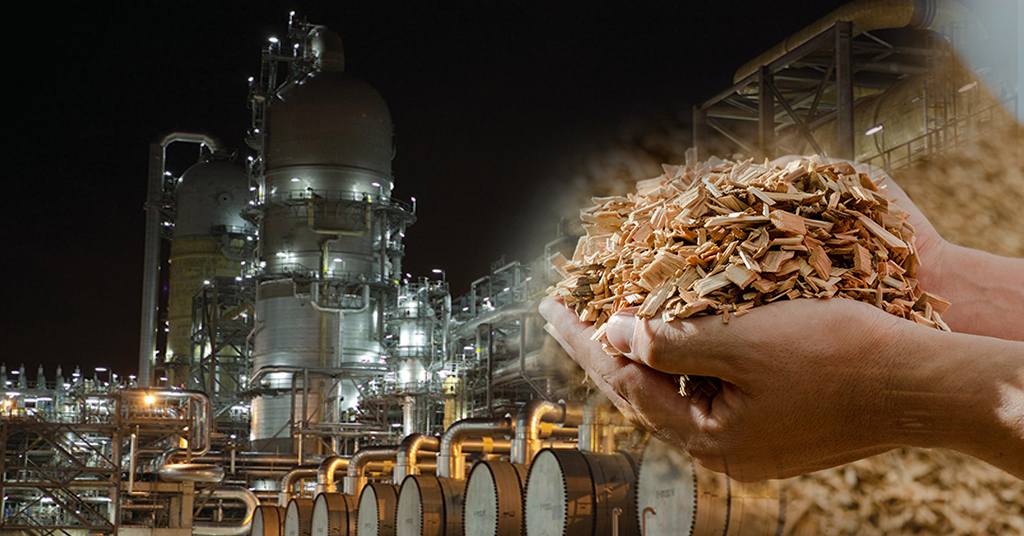Welcome To ChemAnalyst

Rotterdam (The Netherlands): Europe successfully navigated a winter with reduced Russian natural gas imports by relying on increased LNG shipments and storage utilization, but geopolitical tensions loom large. However, ongoing conflict in Ukraine poses a risk to future supply stability, even as the EU endeavours to enhance market power and secure better prices through joint purchasing mechanisms. Although European Natural Gas prices remain elevated, they have moderated from winter peaks due to supply constraints.
Meanwhile, Natural Gas prices have dipped below USD 2/MMBTU in the US for the first time since 1997 highlighting the demand lull observed in the past the couple of months. This slump in Natural gas prices have continued and as of 14th February 2024, Natural gas prices were assessed at USD 1.6/MMBTU at Henry Hub. This decline in the Natural gas prices augers well for the downstream petrochemical producers as this will provide ample opportunity to gain better margins.
Meanwhile, the US remains the top LNG exporter globally, compensating for reduced Russian exports. However, despite significant production growth, domestic natural gas output may not meet rising demand in the long run, with challenges surrounding the expansion of LNG export capacity due to environmental and regulatory hurdles.
In a rapidly evolving energy landscape, Europe, the USA, and India are confronting diverse challenges and opportunities to meet their energy requirements while ensuring supply stability and price equilibrium. Despite persistent volatility, global markets continue striving for a sustainable balance between energy supply and demand. The slowdown in macroeconomic growth exacerbates existing challenges in the face of declining energy demand, compounded by geopolitical tensions that threaten energy supply and could lead to disruptions.
In the realm of oil markets, an extended period of heightened crude prices has spurred investment and activity outside of OPEC+, particularly in the United States, resulting in significant production growth. This surge in production clouds the outlook for supply cuts within OPEC raising uncertainty about the effectiveness of efforts to balance the market.
India is proactively securing energy deals amidst expectations of a 6% surge in natural gas demand in 2024, driven by economic growth and efforts to reduce coal dependence. Notably, during the India Energy Week (IEW), Petronet LNG Ltd finalized an agreement with Qatar Energy to extend a 2004 contract, securing 7.5 million tonnes of gas annually for electricity generation, fertilizer production, and conversion to compressed natural gas (CNG). This agreement, which secured a lower price on a major LNG import deal, enhances energy security and affordability. Furthermore, India is exploring the development of underground gas storage facilities to enhance supply resilience, although challenges persist in aligning rapid energy demand growth with long-term climate goals.
In conclusion, gas consumers in Europe and Asia face potential shortages if winter conditions worsen, highlighting the crucial role of liquefied natural gas (LNG) logistics in meeting regional demand. As global energy dynamics evolve, policymakers and industry leaders must navigate a complex interplay of geopolitical, economic, and environmental factors to ensure sustainable and secure energy futures.
We use cookies to deliver the best possible experience on our website. To learn more, visit our Privacy Policy. By continuing to use this site or by closing this box, you consent to our use of cookies. More info.
